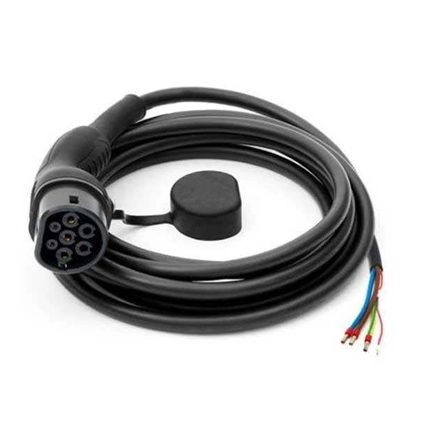Over the years, the electrical industry has undergone significant transformation with the emergence of innovative technologies that replace outdated systems and improve efficiency. One such innovation that has revolutionized the industry is the miniature circuit breaker. Miniature circuit breakers are used in low-voltage electrical systems to provide overload and short-circuit current protection.
Advantages of Miniature Circuit Breakers
There are several benefits to using miniature circuit breakers. Firstly, they protect electrical systems from the impact of overloads and short circuits, which can potentially lead to electrical fires if left uncontrolled. Miniature circuit breakers immediately cut off the power supply when an overload or short circuit occurs, preventing any damage to appliances, wiring, and other components. This makes miniature circuit breakers a safer alternative to traditional fuses or circuit breakers, which may have slow reaction times and may not adequately protect the system from damage.
Another advantage of miniature circuit breakers is their compact size. Unlike traditional circuit breakers that are bulky and take up a significant amount of space, miniature circuit breakers are small in size and can be installed in compact distribution panels. This makes mini rcd circuit breakers highly suitable for use in residential and commercial buildings where space is valuable.
The Future of Miniature Circuit Breakers
As more electrical systems are designed to incorporate them, the popularity of miniature circuit breakers will continue to grow in the future. The increasing demand for building safety and energy efficiency is also driving the need for miniature circuit breakers. With the rise of smart buildings and the Internet of Things (IoT), miniature circuit breakers are becoming an integral part of building electrical systems. They not only provide overload and short-circuit protection but are also used for monitoring energy consumption and controlling power usage.
Miniature circuit breakers are an innovative technology that is revolutionizing the electrical industry. They offer overload and short-circuit current protection and are safer and more efficient compared to traditional fuses or circuit breakers. As the demand for building safety and energy efficiency continues to grow, miniature circuit breakers will become an essential component of building electrical systems. Their compact size, versatility, and reliability make them an ideal choice for low-voltage electrical systems in residential, commercial, and industrial buildings.
In fact, modern miniature circuit breakers are increasingly leveraging technological advancements for their development. For example, smart miniature circuit breakers utilize digital technology to monitor current and voltage and automatically cut off the power supply. This technology makes miniature circuit breakers more intelligent, enhancing the reliability and safety of electrical systems.
Furthermore, with the continuous development of renewable energy sources such as solar and wind power, miniature circuit breakers will also play an increasingly important role. These renewable energy systems require efficient and reliable electrical protection, and their high integration capabilities and compact size make miniature circuit breakers a vital component of renewable energy systems.
In summary, miniature circuit breakers are a significant innovative technology in the electrical industry. They provide multiple protective functions, offer higher reliability and safety, and can adapt to the evolving trends in electrical systems. As renewable energy continues to advance in the future, miniature circuit breakers will continue to play a crucial role and make indispensable contributions to the widespread adoption of smart electrical systems.





